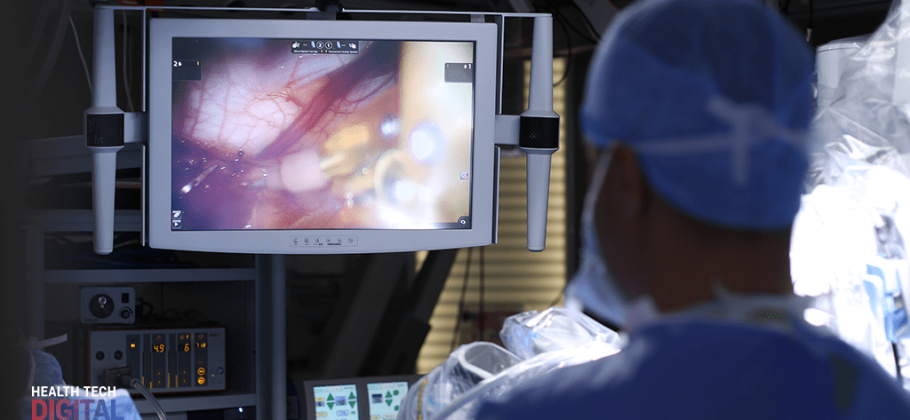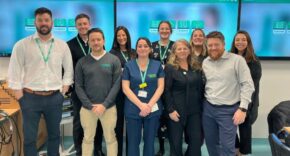A coroner has ruled that robotic surgery has a risk of further deaths after a man has died as a result of robotic heart surgery. The 69-year-old man was the first patient in the UK to have heart surgery with the pioneering robotic assistance. However, the coroner claims his death came as a direct consequence of ‘the operation and its complications’.
One of the issues with the surgery was the lack of policy with regards to the use of expert doctors, or proctors, assisting with the procedures. Two proctors were in attendance for the first robotic surgery. However, they left during the operation. Furthermore, they would not have been able to help as neither proctor was registered with the General Medical Council.
Furthermore, the coroner found that there was no benchmark for training using the robotic system, which is known as the Da Vinci device. The lead for the operation, Mr Nair, received no one-to-one training on using the device before surgery.
Without the use of the Da Vinci device, the patient is likely to have survived the conventional open-heart surgery. As a result, the Da Vince programme was stopped immediately, and the NHS trust responsible for the hospital apologised for the tragic outcome.
A Future For The Da Vinci Device?
After recommendations from the coroner, the hospital implemented ‘significant changes’ while the coroner also approached the Royal College of Surgeons and the Department of Health to discuss whether national guidelines should be brought in for the use of the device in future operations.
However, for the family of the patient, they are left knowing that the patient may have survived if robotic surgery was not used.
In a statement after the inquest, the family said that the investigation; “revealed a catalogue of errors including significant deficiencies in training and competence of the surgeon who had performed the procedure, who was subsequently dismissed. This was compounded by the fact that several observing clinicians left the theatre part way through the procedure, and were therefore unable to assist when difficulties arose.”
For now, use of the Da Vinci device is on hold, until a decision about protocol and guidelines have been made.












